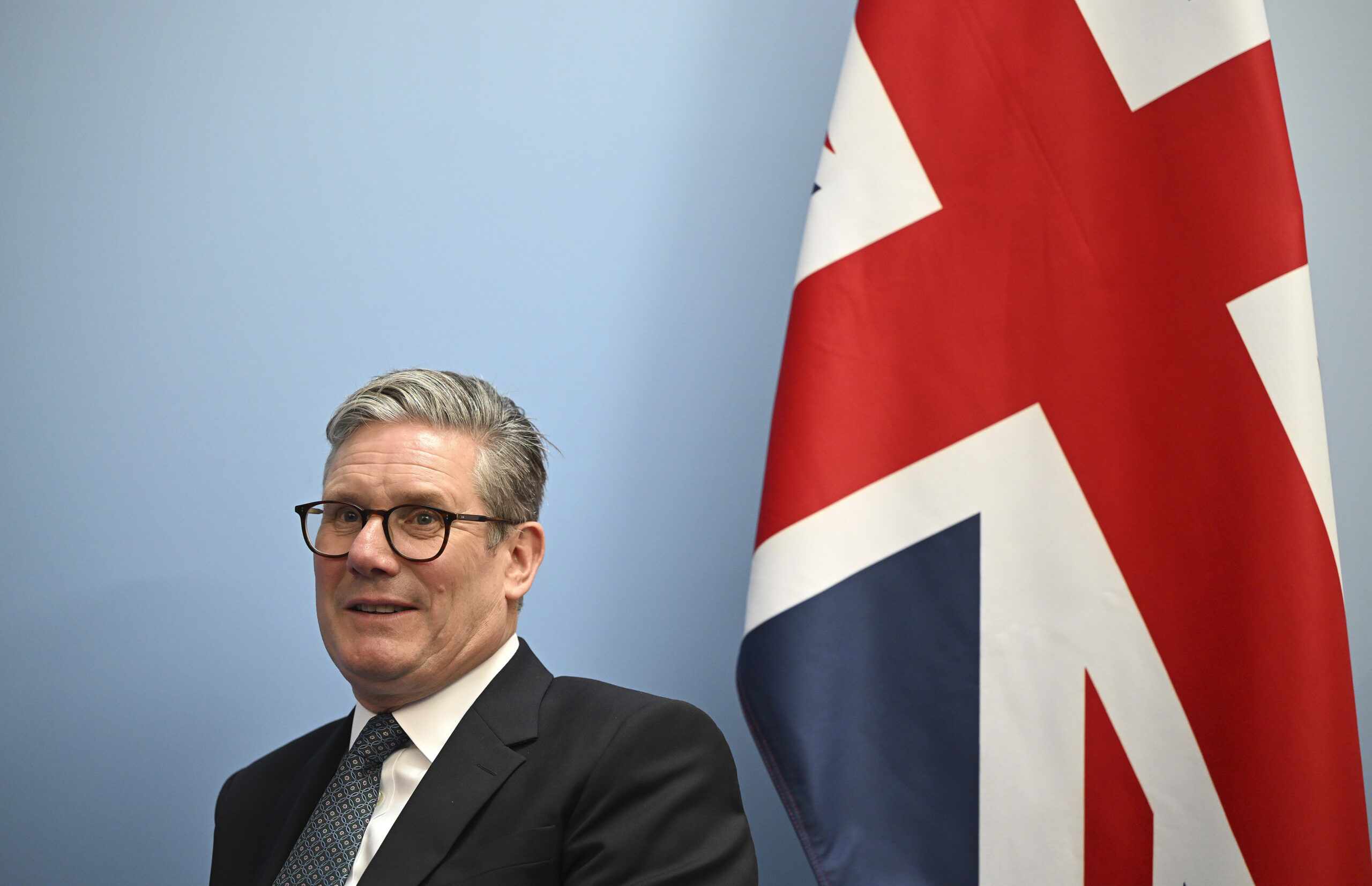Did Ticketmaster Fail Consumers During The Oasis Tour? A Legal Analysis

Table of Contents
Exorbitant Ticket Prices and Dynamic Pricing
The cost of Oasis reunion tour tickets sparked immediate outrage. Many fans reported prices far exceeding what they considered reasonable, leading to accusations of price gouging. This section analyzes Ticketmaster's dynamic pricing model and explores whether it crossed the line into illegal practices.
The Economics of Dynamic Pricing
Dynamic pricing, where prices fluctuate based on demand, is a common practice in many industries.
- Mechanics: Ticketmaster's system adjusts prices in real-time, increasing them as demand rises and available tickets decrease.
- Benefits: Proponents argue that dynamic pricing allows for efficient allocation of tickets, ensuring that those willing to pay more get access when demand is high.
- Drawbacks: Critics argue that it can lead to price gouging, particularly when demand is artificially inflated by bots or scalpers.
- Oasis Tour Example: Reports from the Oasis tour showed prices skyrocketing to hundreds, even thousands, of dollars per ticket – far beyond the initial advertised prices. This disparity fueled accusations of exploitation.
Violation of Consumer Protection Laws?
Did Ticketmaster's dynamic pricing during the Oasis ticket sale violate consumer protection laws? This is a complex question with no easy answer.
- Relevant Laws: Consumer protection laws vary by jurisdiction but often prohibit unfair or deceptive business practices and price gouging in specific circumstances.
- Arguments for Illegality: Critics argue that Ticketmaster's pricing model, combined with alleged bot use (discussed below), created an artificially inflated market, leading to unfair and deceptive pricing that violates consumer protection statutes.
- Arguments Against Illegality: Ticketmaster might argue that its dynamic pricing is a legitimate business practice and that fluctuations reflect genuine market demand.
- Legal Precedents: Existing case law on dynamic pricing and consumer protection in the entertainment industry will be crucial in determining the legality of Ticketmaster’s actions.
Website Crashes and Bot Use
The Oasis ticket sale was plagued by website crashes, leaving many fans unable to purchase tickets. This section examines the technological failures and the role of bots in exacerbating the situation.
The Technological Failures of the Ticketmaster System
The Ticketmaster website experienced significant outages during the high-demand Oasis ticket sale.
- Extent of Outages: Reports indicate widespread and prolonged periods where the site was inaccessible, preventing many fans from even attempting to purchase tickets.
- Potential Causes: These crashes could have resulted from insufficient server capacity to handle the anticipated high volume of traffic, or from malicious bot attacks designed to overwhelm the system.
- Disadvantage to Consumers: These outages disproportionately affected legitimate fans, while those using bots potentially gained an unfair advantage.
The Role of Bots in Inflating Demand
The use of bots to purchase tickets is a major concern in the ticketing industry.
- How Bots Work: Bots are automated programs that can rapidly purchase large quantities of tickets, often circumventing security measures.
- Impact on Ticket Availability: Bots artificially inflate demand, driving up prices and making it harder for legitimate fans to secure tickets.
- Ticketmaster's Responsibility: Ticketmaster has a responsibility to implement effective anti-bot measures to prevent this practice. The effectiveness of these measures during the Oasis ticket sale is a key question.
Ticket Reselling and Secondary Market Practices
The secondary market for concert tickets plays a significant role in driving up prices. This section examines the impact of reselling and Ticketmaster's involvement.
The Impact of Reselling on Consumer Costs
The secondary market often sees tickets sold at significantly inflated prices compared to the face value.
- Price Differences: The disparity between primary (Ticketmaster) and secondary market prices for Oasis tickets was substantial, highlighting the impact of reselling on consumer costs.
- Ethical and Legal Implications: While reselling tickets is not inherently illegal, excessive price gouging on resale platforms raises ethical and potentially legal concerns.
Ticketmaster's Role in the Secondary Market
Ticketmaster's relationship with the secondary market is a point of contention.
- Relationship with Resale Platforms: Ticketmaster's potential links to or partnerships with ticket resale platforms raises questions about conflicts of interest and complicity in inflated pricing.
- Potential Conflicts of Interest: Some argue that Ticketmaster benefits financially from the inflated prices in the secondary market, creating a perverse incentive not to adequately address issues contributing to these high prices.
Antitrust Concerns and Monopoly Power
Ticketmaster's dominant position in the ticketing market raises antitrust concerns.
Ticketmaster's Dominance in the Ticket Market
Ticketmaster holds a significant market share in the live entertainment ticketing industry.
- Market Share Statistics: Ticketmaster controls a substantial percentage of the market, giving it considerable power over pricing and availability.
- Potential for Anti-Competitive Practices: This dominance raises concerns about potential anti-competitive practices, such as leveraging its market position to unfairly disadvantage competitors or consumers.
- Relevant Antitrust Laws: Antitrust laws aim to prevent monopolies and promote fair competition. Ticketmaster's practices could potentially violate these laws.
Potential Legal Challenges Based on Antitrust Laws
Ticketmaster's actions during the Oasis tour could potentially face legal challenges based on antitrust violations.
- Legal Arguments: Arguments could center on Ticketmaster's alleged abuse of monopoly power to inflate prices and restrict competition.
- Potential Penalties: Antitrust violations can result in significant fines and other penalties, including potential structural changes to Ticketmaster’s business model.
Conclusion
This legal analysis has explored several key issues surrounding Ticketmaster's handling of the Oasis tour ticket sales: exorbitant pricing, website crashes, bot use, secondary market practices, and antitrust concerns. The evidence suggests potential violations of consumer protection laws and antitrust regulations. The Oasis tour ticket fiasco highlighted the urgent need for greater regulation and transparency in the ticketing industry. Further investigation and potential legal action are crucial to ensure that Ticketmaster, and other ticketing giants, do not continue to fail consumers. We need stronger consumer protection laws and more robust anti-bot measures to prevent future occurrences of this kind. Continue the conversation and demand better from Ticketmaster – join the fight for fair ticketing practices.

Featured Posts
-
 Secure Your Glastonbury Coach Ticket Resale Timing And Application Process
May 30, 2025
Secure Your Glastonbury Coach Ticket Resale Timing And Application Process
May 30, 2025 -
 Ftc To Appeal Microsofts Activision Blizzard Acquisition In Jeopardy
May 30, 2025
Ftc To Appeal Microsofts Activision Blizzard Acquisition In Jeopardy
May 30, 2025 -
 Agente De Bruno Fernandes Se Reune Com Al Hilal Possivel Transferencia Para A Arabia Saudita
May 30, 2025
Agente De Bruno Fernandes Se Reune Com Al Hilal Possivel Transferencia Para A Arabia Saudita
May 30, 2025 -
 Forhandlinger Og Tilbud Anderlechts Tilgang
May 30, 2025
Forhandlinger Og Tilbud Anderlechts Tilgang
May 30, 2025 -
 Exclusive Bts Recording A New Album This Summer
May 30, 2025
Exclusive Bts Recording A New Album This Summer
May 30, 2025
